“Scritto letto detto”, Rai Storia, 06/25/2023
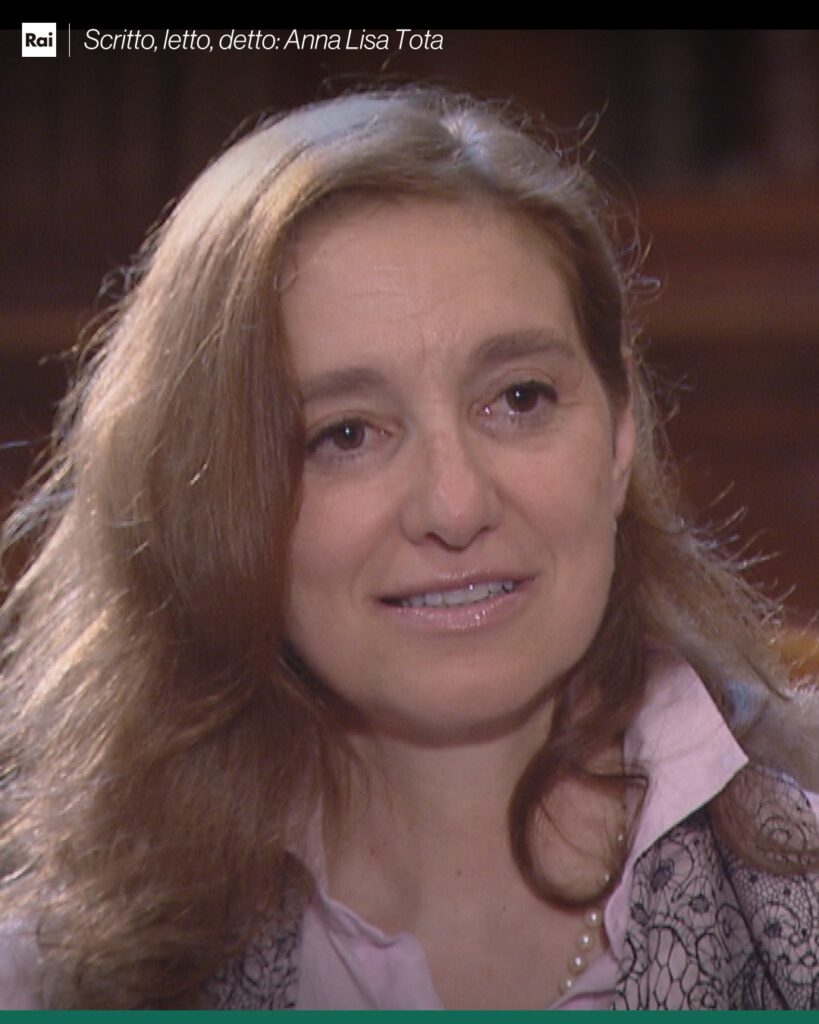
Sociologist Anna Lisa Tota takes us on a journey through the labyrinth of our minds and thoughts. Video
Episode “Scritto letto detto” 2023 season, episode 77.
Written by ale.ribo@gmail.com on . Posted in VIDEO, PODCAST AND RADIO INTERVIEWS. No Comments on “Scritto letto detto”, Rai Storia, 06/25/2023

Sociologist Anna Lisa Tota takes us on a journey through the labyrinth of our minds and thoughts. Video
Episode “Scritto letto detto” 2023 season, episode 77.
Written by ale.ribo@gmail.com on . Posted in VIDEO, PODCAST AND RADIO INTERVIEWS. No Comments on “Memoria Festival”, 23/05/2023
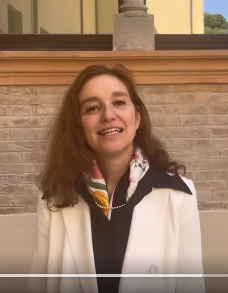
Professor Anna Lisa Tota discusses how, in this era of intense and constant media stimuli, it is essential to take care of ourselves and our minds.
Video
Written by ale.ribo@gmail.com on . Posted in VIDEO, PODCAST AND RADIO INTERVIEWS. No Comments on “Against the Pollution of Words and Thoughts”, 05/24/2023
Written by ale.ribo@gmail.com on . Posted in VIDEO, PODCAST AND RADIO INTERVIEWS. No Comments on “Ecology of Thought, Deep Ecology”, RSI Radiotelevisione Svizzera, 04/24/2023
What if pollution wasn’t limited to the physical environment but also affected the flow of our thoughts? What if those thoughts could become eco-thoughts that promote well-being for both ourselves and others? And what if all living beings, both animals and plants, could contribute to the eco-thought of the world? These are the reflections of sociologist Anna Lisa Tota, who invites us to reconsider how we choose and generate thoughts—ecological thoughts. Listen to the interview on the show “Millevoci,” curated by Michela Daghini: Link
Written by ale.ribo@gmail.com on . Posted in VIDEO, PODCAST AND RADIO INTERVIEWS. No Comments on “Roma Tre: My Thirty Years”, 02/10/2023
This video celebrates the 30th anniversary of Roma Tre University, featuring interviews with professors and institutional figures. Guided by a student born during the university’s development (Orazio Rotolo Schifone), a young man from the Ostiense neighbourhood who grew up alongside the university. With rare archival footage (from the Istituto Luce newsreels to amateur videos) and period photos, the documentary reconstructs the state of the Ostiense-Testaccio-Marconi area before the university’s founding: a post-industrial zone characterized by markets and slaughterhouses. With the founding of Roma Tre, everything changed: disused factories became university buildings. The documentary showcases these new “factories of culture” and features significant contributions from the Rector, Massimiliano Fiorucci, the General Director of Roma Tre, Pasquale Basilicata, former Mayor Francesco Rutelli, current Mayor Roberto Gualtieri, and the architects involved in the complex restructuring (Francesco Cellini, Andrea Vidotto, Paolo Desideri), as well as Vice Rectors Anna Lisa Tota and Mario De Nonno, Professor Elena Pettinelli, the president of the Eighth District, Amedeo Ciaccheri, Umberto Marroni, and special witnesses like the owner of the historic Ostiense venue “Il biondo Tevere,” and director Ferzan Özpetek, who made Ostiense a symbolic character in his films. Through interviews, testimonies, and reflections, the birth and development of a university that transformed the neighbourhood and the city are reconstructed, modifying its cultures and playing a major role in research and teaching with a broad and modern project. The video is directed by Vito Zagarrio, director and professor at Roma Tre, produced by the university, and created by Cavadaliga Film with the active support of Roma Tre’s Audiovisual Production Center.
Written by ale.ribo@gmail.com on . Posted in VIDEO, PODCAST AND RADIO INTERVIEWS. No Comments on Appearance on “Cinematografo”, Rai Uno, 01/22/2022
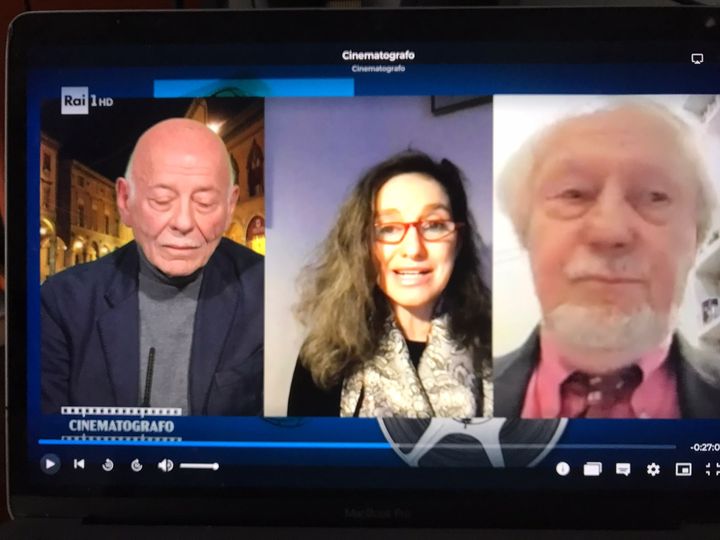
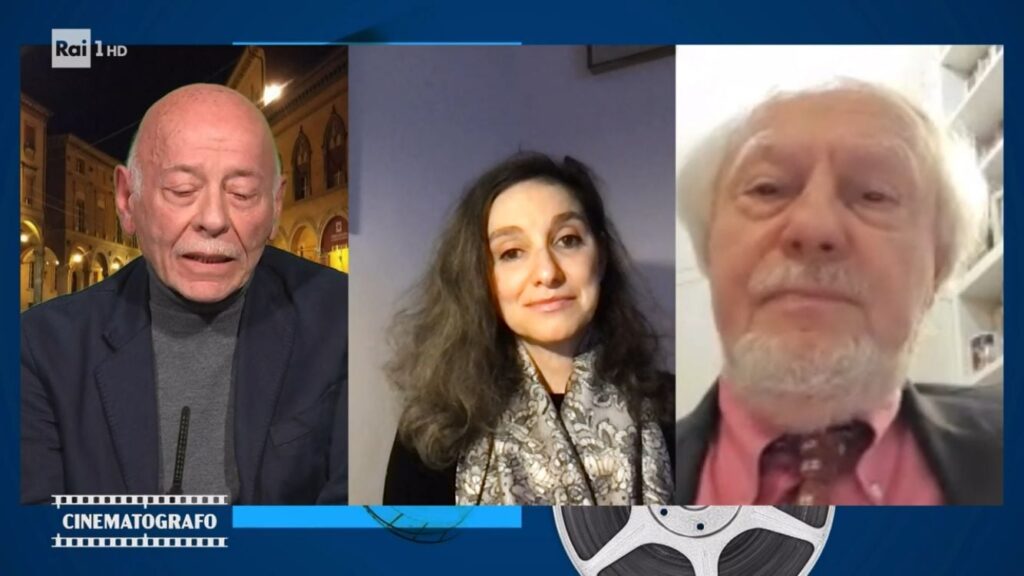
To watch the full episode on Rai Play: Link
Written by ale.ribo@gmail.com on . Posted in VIDEO, PODCAST AND RADIO INTERVIEWS. No Comments on Appearance on “Cinematografo”, Rai Uno, 12/18/2021
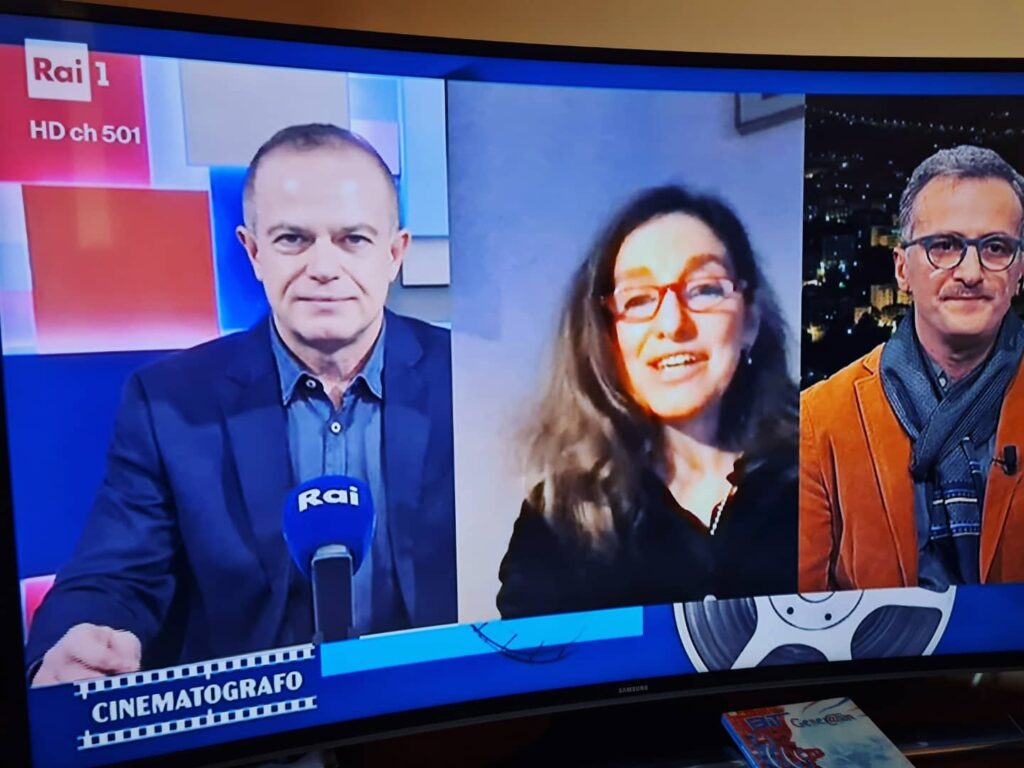
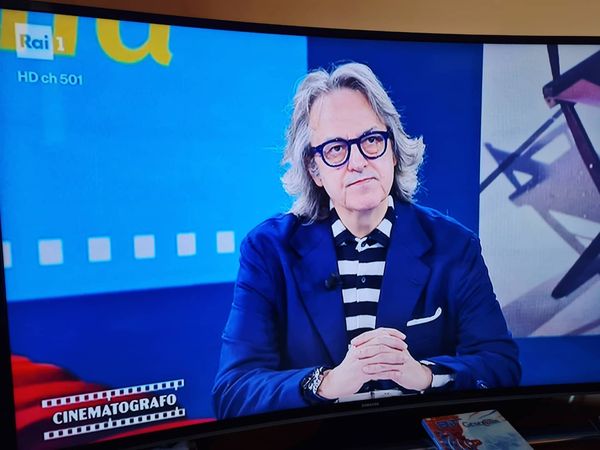
Written by ale.ribo@gmail.com on . Posted in VIDEO, PODCAST AND RADIO INTERVIEWS. No Comments on “Speaking and Writing Without Discrimination”, RSI Radiotelevisione Svizzera, 06/14/2021
Inclusive language seeks to move away from gender-based terms by using asterisks or the schwa symbol (ə).
The opinions of two experts.
Listen to the interview: Link